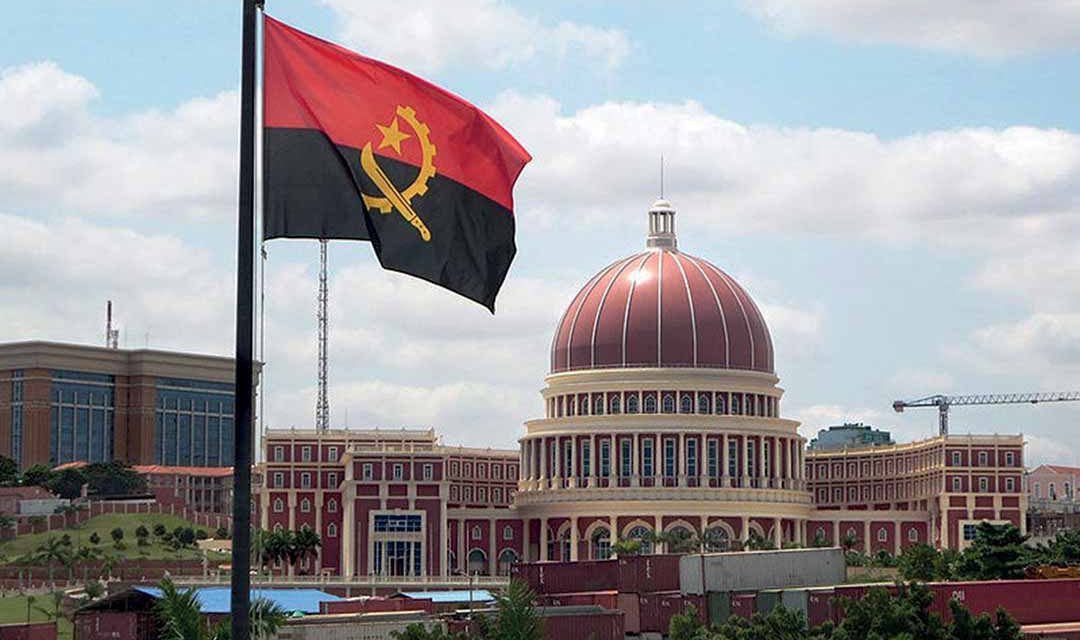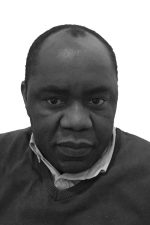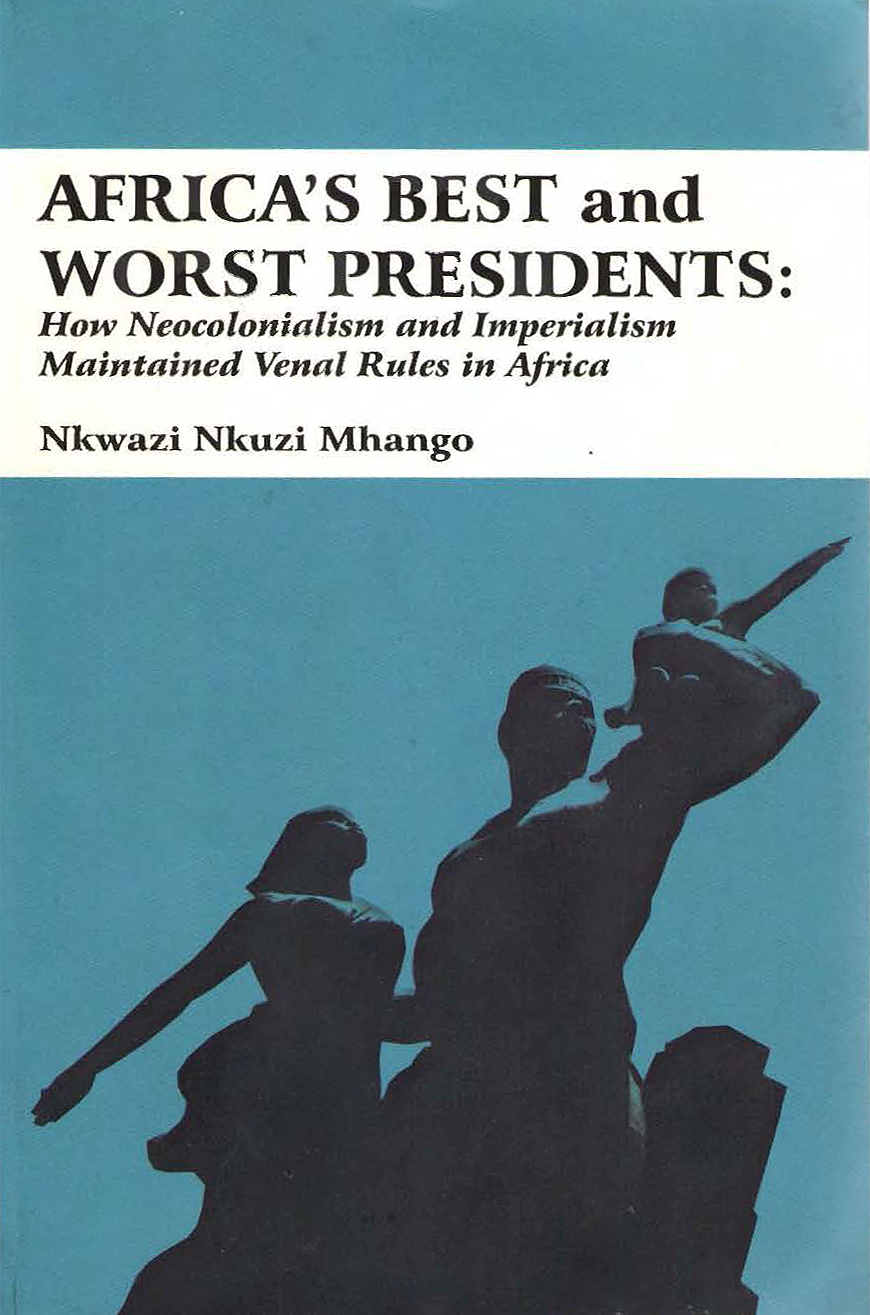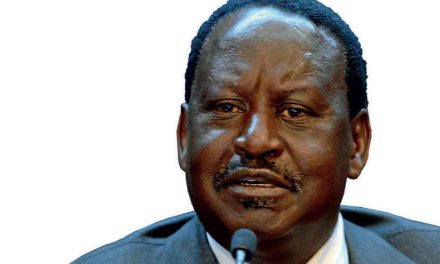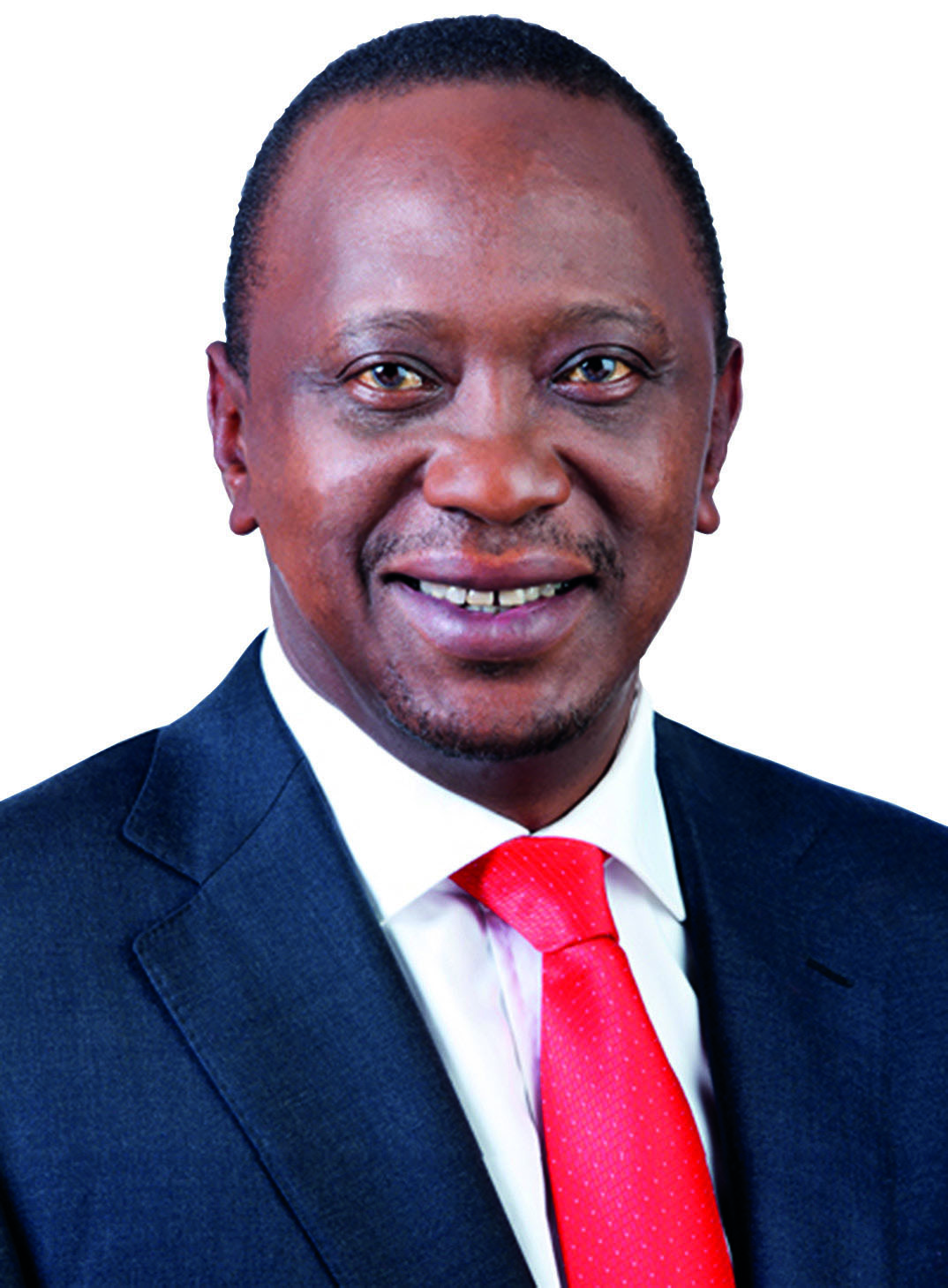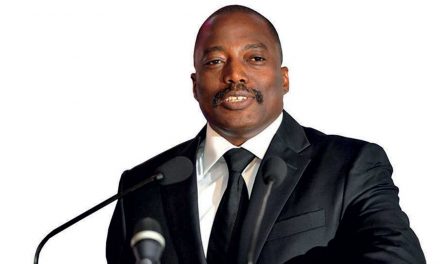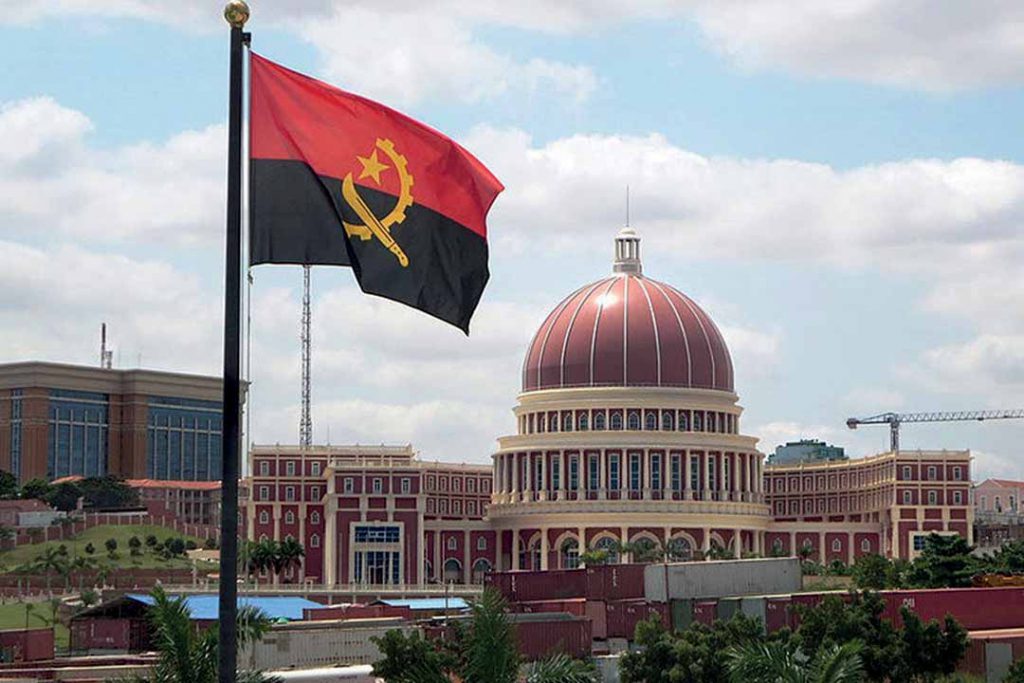
The National Assembly building, Luanda
The outgoing Angolan president José Eduardo dos Santos has managed to dilute his own legacy, undermining his own achievements and those of his country
At the end of September 1979, the Angolan ruling party presented José Eduardo dos Santos as its chosen replacement for President Agostinho Neto as the new head of state of the People’s Republic of Angola. It was a surprise to many. At the age of just 37 he resembled a thin, shy schoolboy, rather than a future leader of a country that had been torn apart by the whirlwind of the Cold War.
Almost 40 years later, the man who still directs the destinies of Angolans will finally leave the political scene – aged, sad and under a cloud of suspicion that he has enriched his family through corruption. In spite of this, Dos Santos maintains the enigmatic gaze of the first days of his presidency.
For almost four decades he has appeared to be the eternal “comrade president”. Yet, during that time Angolans disagreed as to whether their president was a cold, calculating opportunist or a strategic politician whose pragmatism helped him to survive many political whirlwinds. Perhaps the truth about the man lies somewhere in between these extremes: his political survival meant that hehad to be pragmatic on some occasions and opportunistic on others.
At any rate, his biography overlaps with the history of Angola since the 1940s and, therefore, with most of the country’s postcolonial history.
Born in 1942 in a poor neighbourhood on the outskirts of Luanda, Dos Santos’ childhood was not different from that of most of the youth
of his generation. Son of an emigrant bricklayer from São Tomé e Príncipe and a housekeeper, little Zé, as he was known, grew up in a tumultuous time. From a very young age, he encountered the contradictions of the colonial system. Like other ambitious young men, he decided to enter political life.
In 1961, Portugal, the colonising power of Angola, introduced reforms aimed at mitigating a nationalist rebellion in Angola, while increasing control via police force and military repression. Noticing the arrests of politicians and political activists going on around him in the late 1950s and the early 1960s, the young Dos Santos decided to join the Movimento Popular de Libertação de Angola (MPLA), which was based in the Republic of Congo, in 1963.
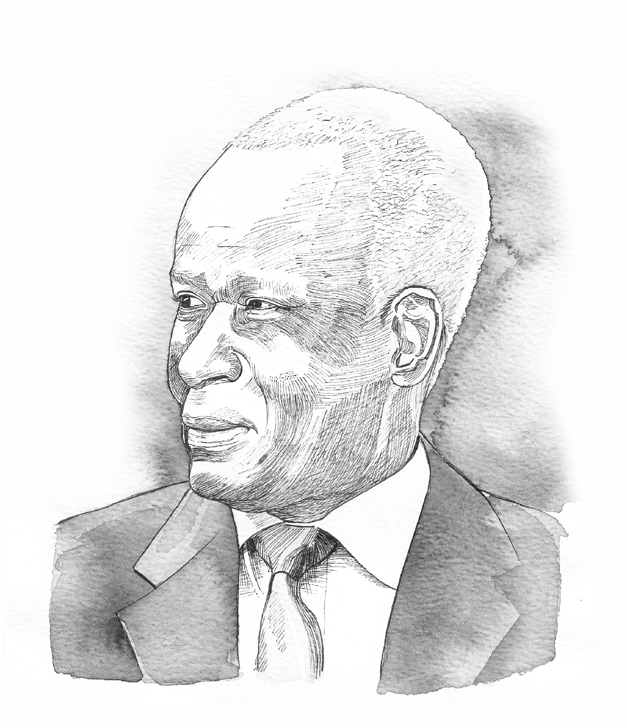
Former Angolan President Eduardo dos Santos. Illustration: Vusi Malindi
Soon after, he received a scholarship to study oil and telecommunications engineering in Baku, capital of Azerbaijan, part of the former Soviet Union. There he married a Russian woman with whom he had a daughter, Isabel dos Santos. She would later become a major influence in Angola, especially in the business world, from the 1990s.
The future president’s time in the Soviet Union was also a rite of passage in that he received ideological training that prepared him for the specificities of a closed party system that depends almost exclusively on its leader for direction. When he returned from Russia in the late 1960s, he became a collaborator of Neto, the future president of Angola.
The anti-colonial struggle changed course, however, when a coup d’état in Portugal on 25 April 1974 overthrew the colonial government and installed a revolutionary government in its place. The new government, which favoured the MPLA, decolonised the overseas provinces.
Angola became independent on 11 November 1975, with the help of the Cuban military, following an urban battle with two nationalist movements, Frente Nacional de Libertação de Angola President José Eduardo dos Santos
Dos Santos then held ministerial positions with a focus on foreign affairs, where he probably learned about diplomacy and about the constellation of global powers and their ideological trenches. After a party purge in 1977, thousands of Angolans were tortured and killed or confined to labour camps, which caused a major rift within the MPLA. Dos Santos passed through it all unharmed, and the MPLA chose him to be Angola’s president after Neto died in September 1979. His rise to the presidency marked the beginning of the second phase of his political life.
During the early 1980s Dos Santos abolished the death penalty and freed political prisoners. He also purged the MPLA of remnants of Neto’s entourage, who were mainly former communists, first-generation nationalists and descendants of settlers, in an effort to calm resentments within the party. By avoiding revenge, and not criminalising those responsible for the 1977 purges, he became a balancing factor among factions within the MPLA, a situation that he used to maintain his leadership.
Led by Jonas Savimbi, UNITA regrouped and secured significant support from Western states during the mid-1980s, and was able to grow from a guerrilla force to a semi-conventional force that challenged the young president’s political-military strategy. When, after some years of fighting, Russia and Cuba – Angola’s external allies in the struggle against UNITA – and South Africa lost interest, it became clear that the Angolan conflict would need a political solution.
The declining commitment of the various foreign powers brought politicaland military asphyxiation to Angola, and Dos Santos responded by introducing reforms. In 1985, he began to transform the planned economy into a market economy and engaged in negotiations for the withdrawal of Cubans and South Africans from Angola under the auspices of the US.
The withdrawal of both forces was fundamental to Namibia’s independence and to political transition in South Africa. A third political reform, introduced in the early 1990s, was to negotiate a peace agreement with UNITA and introduce a multi-party system. The timing was effective. The country was on the verge of collapse. Aside from the war’s destruction of infrastructure and the government’s ineffective administration, it was economically stagnant.
But the transition to a multi-party regime and an open economy in the 1990s was troubled, violent and incomplete. The MPLA of Dos Santos won the first democratic election, in 1992, but Savimbi’s UNITA refused to accept the result and returned to war. Savimbi had not disarmed as required by the peace agreement, and UNITA began to occupy cities and capitals in Angola’s provinces.
This situation was perhaps the greatest challenge of the Dos Santos presidency. In the mid-1990s, the government and Savimbi’s movement signed the Lusaka accords, which sought the creation of a government that comprised elements of MPLA and UNITA in a “government of national reconciliation”.
The agreement did not prevent military tensions from rising, however. In 1998 the Dos Santos government was again on an open war footing with UNITA. A Dos Santos charm offensive attracted former UNITA allies, including former South African military officers who had trained and supported UNITA.
On the political level, he appealed to former UNITA combatants, thus dividing the party. Some UNITA members saw advantage in renouncing war to take part in parliament, while others remained loyal to Savimbi. On the military level, Dos Santos was careful to include former generals
in his army while investing in sophisticated armament. In the end, the army succeeded in killing Savimbi. A peace agreement with what remained of UNITA’s troops in 2002 ended the long civil war. This was the starting point of the third phase of Dos Santos’ presidency.
With the international community’s trust, acceptance by much of the population and without an armed opposition, Dos Santos was able to consolidate his power. The global economy was favourable: oil production increased by 15% year-on-year from 2002 until the crisis of 2008/2009, when productionhad reached almost two million barrels per day.
Technical problems and the fall of crude oil prices following the 2008 global crash slowed oil production, hampering the Angolan economy. Oil provides around 98% of the country’s foreign exchange and 75% of government revenue.
With its average annual GDP growth of 14,9% between 2002 and 2008, Angola was considered a success story of post-conflict rebirth. The challenges were enormous. Dos Santos’s government needed to rebuild infrastructure, to satisfy the interests of a rising, voracious middle class, to redistribute the revenues of petroleum export to a predominantly poor population, to reintegrate thousands of refugees and people displaced by the war, and complete democratic reforms. But it also needed to accommodate the political and military elite that had been faithful to him for years.
Dos Santos was unable to complete the reforms he had initiated in the late 1980s. Rather than managing the economic and political advantages that followed the end of the conflict, he chose to consolidate his own power, which led to semi-authoritarianism. Angola was now a country where the president had all power but was not directly elected, and which enjoyed formal freedom of expression though journalists had limited rights.
Dos Santos won the elections in 2008 and 2012 with absolute majorities, but opposition parties accused him of fraud. The Dos Santos party-dominated parliament was not empowered to act as a check on executive power. Neither the judiciary nor the police were considered independent.
The country’s main infrastructure was rebuilt, and the population enjoyed the benefits, but thelarge-scale projects also served to divert public funds. The military did not interfere directly in political life, but it did become the basis of economic groups that diverted money from the state and distorted open competition. Economic activity increased but most companies were in the hands of the president’s friends and relatives.
In 2013, annual GDP growth recovered somewhat, reaching 7%, but this was far from the double-digit growth of the 2000s. Angola’s economic crisis was accentuated in 2015, when real GDP growth fell to 3%, and again in 2016 to 0%.
The prosperity of 2002 seemed to bring the promise of social peace but that promise has remained unfulfilled. The president decided not to run for election in 2017 and his party has appointed the current minister of defence, Joao Lourenco, to replace him. He seems to want to go quietly.
Dos Santos is thought to have succeeded in that he maintained a central government, defended Angola’s territorial boundaries and oversaw a unified army. But his later career was a disappointment. He might have achieved much more than merely consolidating his own power (and wealth).
History will probably judge him for the decisions he took during his last few years, rather than the achievements of the middle phase of his presidency. Sadly, they are no crown of laurels for his long political career.
PAOLO INGLÉS is an Angolan political sociologist and junior research fellow in the DFG (German Research Foundation) Priority Programme “Adaptation and Creativity in Africa - Significations and Technologies in the Production of Order and Disorder” at Bundeswehr University Munich. His main focus is on political culture and social change, social and political order in post conflict states, global change and human mobility. He holds a PhD from the University Institute of Lisbon (Portugal) and a Master’s from Salamanca University (Spain).

